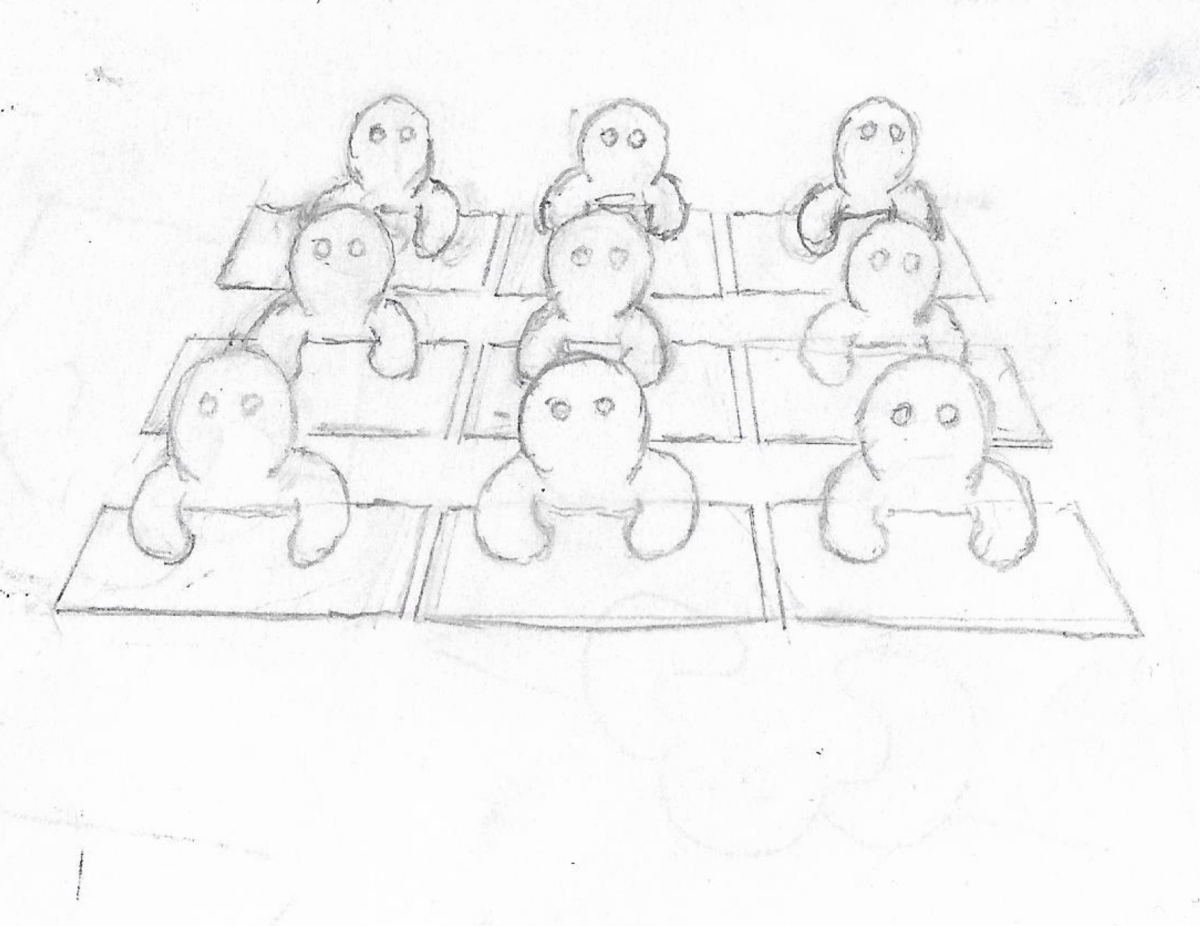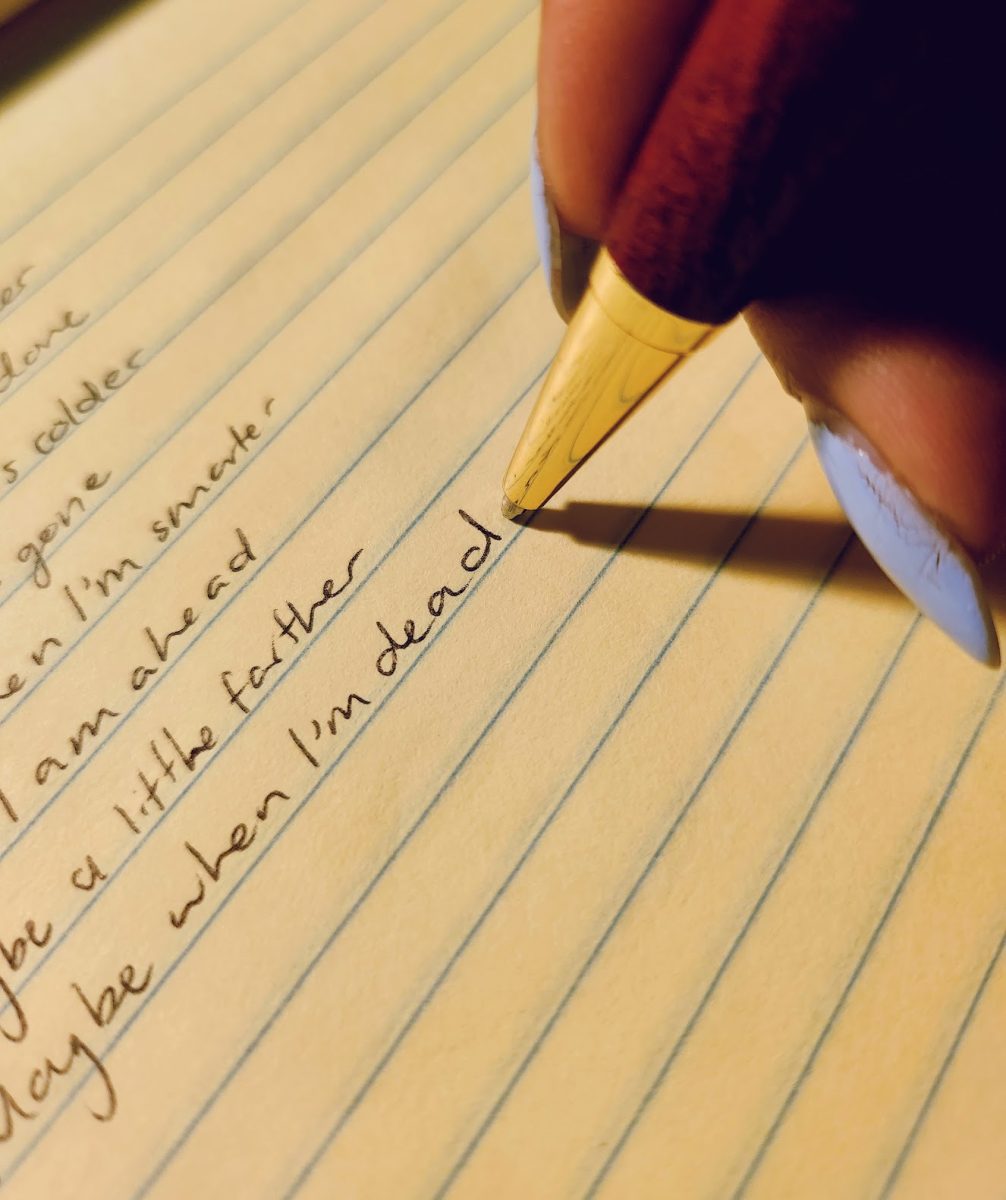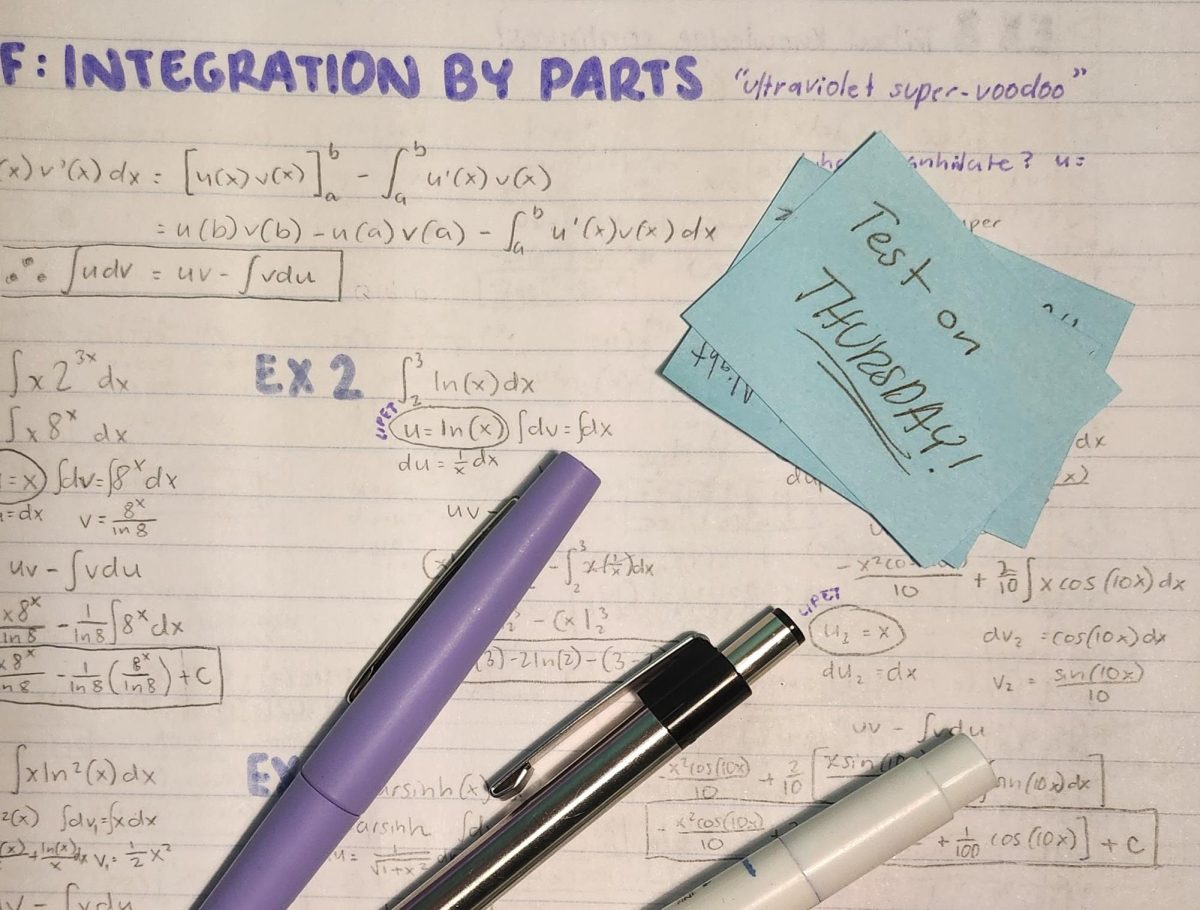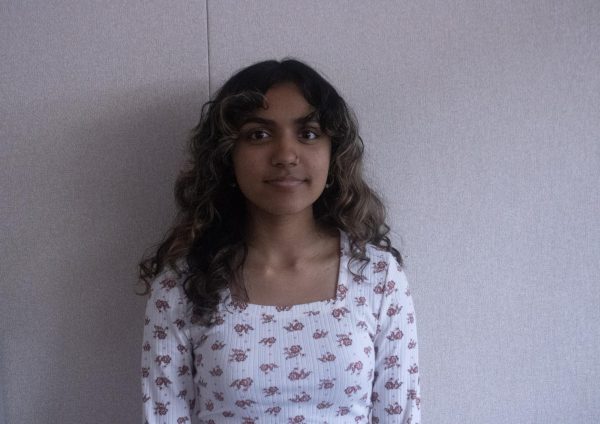Dublin High students spend a lot of time studying, which comes as no surprise among the student body. The extensive pressure upon students contributes to both an atmosphere of academic excellence and one of academic pressure. While the culture of studying extensively is often encouraged by teachers and peers, its efficacy is murky at best. Students should not be devoting so much time to studying for tests.
In a survey of 48 Dublin High students, 62.5% reported spending more than an hour on average studying each week, with an astonishing 14.6% stating that they study for between 4 to 6 hours every week, excluding time spent on homework. Similarly, if a large test in a difficult subject was coming up, 50% of students reported that they would spend over two hours studying for it alone.
As more students begin to take rigorous classes requiring nearly unattainable exceptional performance, do they feel as though they are studying effectively? The surveyed students rated their study habits at an average of 6.8 out of 10 on effectiveness. Upon further investigation, there was little to no correlation between time spent studying and the effectiveness of studying as many reported studying little but doing well, and many others reported studying a lot but still not seeing much change.
Student Sriharshita Vissapragada, junior, can attest to this, stating, “I usually go over my notes, and I do problems that were shown in the notes and the homework that were difficult to me.” Like many other students, she reports studying an average of 5 to 6 hours per week, but states that her methods are “not always, but sometimes” effective.
So how can a student study for hours yet still not see an effect on their scores? It turns out that studying methods matter a whole lot more than studying duration. The most popular study method for the Dublin High students surveyed was “re-reading notes”, which a whopping 87.5% of students reported doing.
One anonymous student, when asked about their studying methods, reported, “I like reviewing all my notes and reviewing prior units of notes as well…. For example, in math all the units stack up on each other. That’s why it takes so long, [because] I have to review all my notes.”
However, research has shown time and time again that re-reading notes is one of the least effective and most time-consuming studying methods as it fails to actively test a student’s recall abilities and instead makes students feel like they know more than they do when all they are really doing is reading notes that seem familiar.
In contrast, only 35.4% of surveyed students reported using flashcards, one of the most effective studying strategies thanks to its use of active recall, where a student must pull from their knowledge on the fly to answer questions, stimulating a testing situation. One reason why students tend not to use flashcards is because they can be time-consuming to make— on paper or online. Usually, students already have notes available to re-read, which makes that study method more convenient.
This idea of “ease of use” also explains why 81.3% of students also reported simply using teacher-provided study guides, which often turn out mixed results.
On the bright side, certain active recall strategies were more widely used. 81.3% of students reported taking practice tests of some sort in order to study, which can often be one of the best studying strategies. But if more time is spent on re-reading notes, its effectiveness can be hampered.
Dublin High students may be served by switching almost entirely to active recall strategies, such as flashcards, practice tests, and the “blurting” method. But more than just studying actively, students may be missing out on something far more important.
Engaging with teachers and asking questions can be one of the most crucial studying techniques, but only 25% of surveyed students reported attending teacher office hours or asking questions to aid their studying. After all, students lose far more points when they don’t understand something, versus when they simply don’t remember something. But often, in a school which places a lot of emphasis on academic success, attending teacher office hours may feel like admitting you need extra help.
This brings up a much-needed question – what should Dublin High students do if they want to do better on their exams? Ask questions, participate actively in class, study actively at home, and most importantly, students should know it is never a bad idea to attend teacher office hours, ask for ARC tutoring, or ask their peers for help. A successful academic culture is a collaborative one, and Dublin High students should strive to create this culture. Above all, students should be encouraged to learn, not expected to know; and no one should feel dumb for studying smarter.

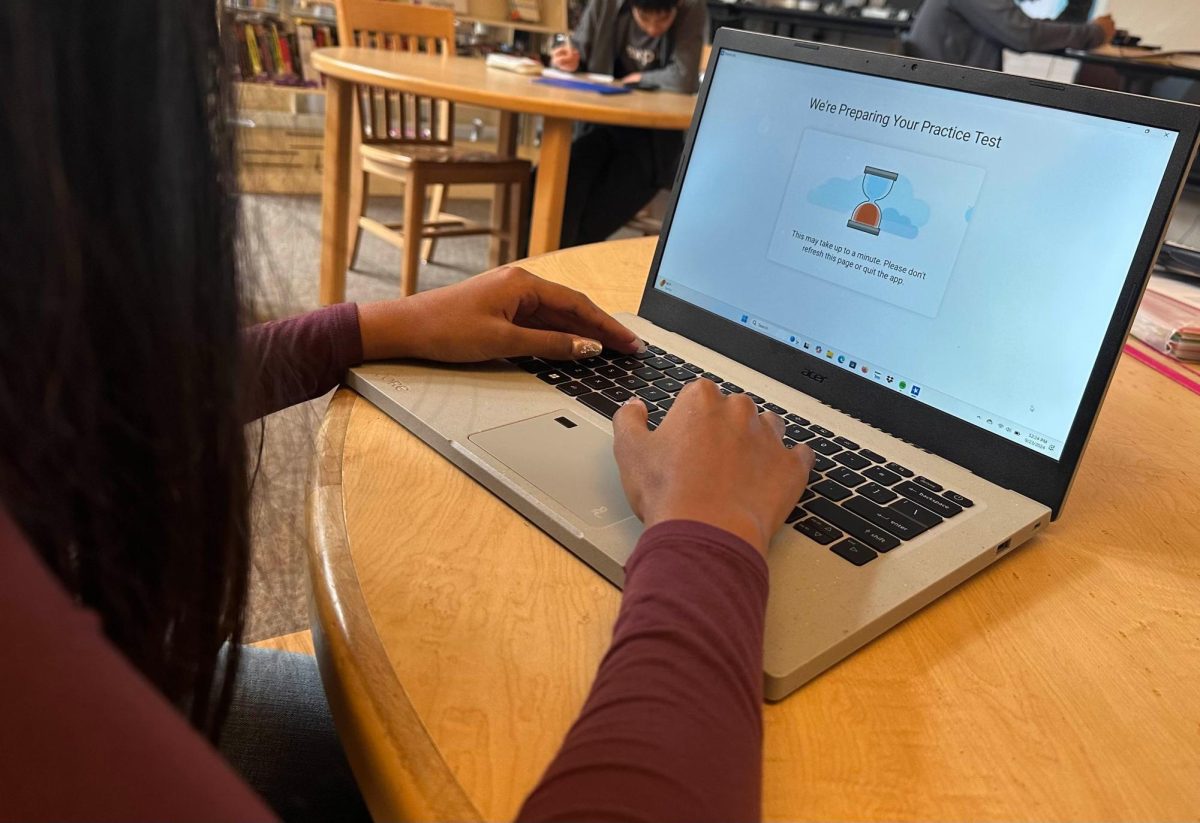






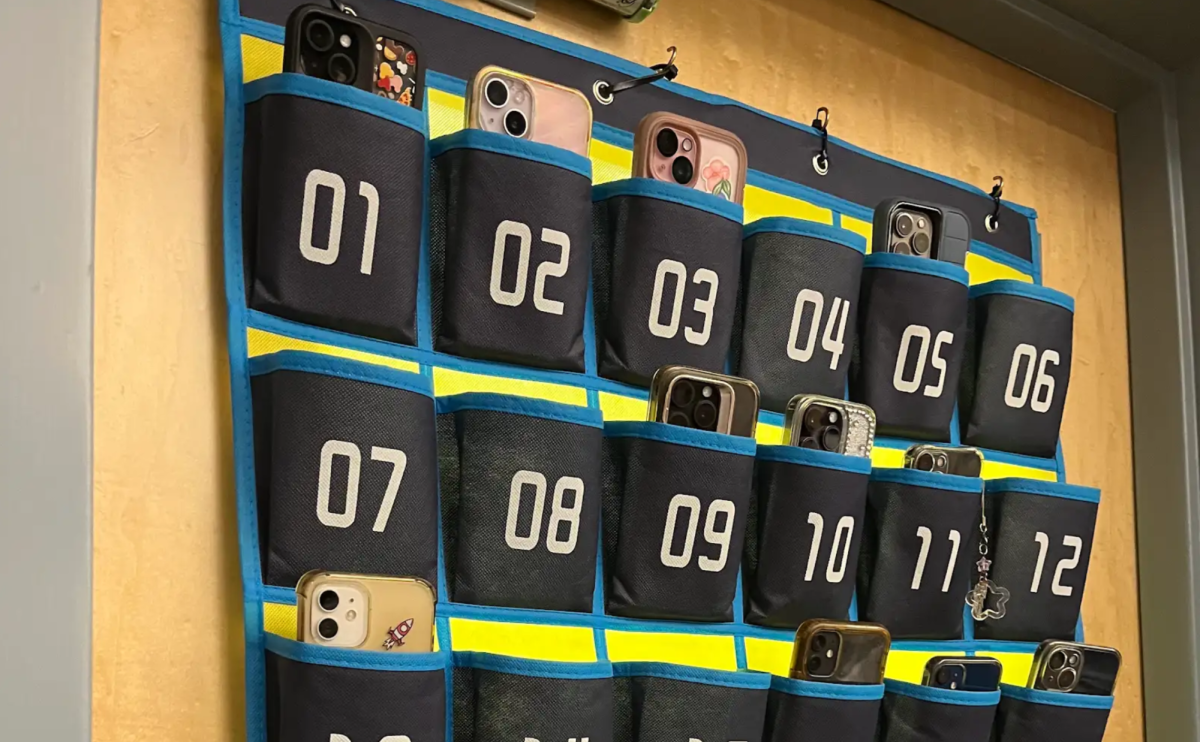




![[Book Review] Weapons of Math Destruction: The insidious danger of Big Data](https://thedublinshield.com/wp-content/uploads/2024/06/wmdsarticle-727x1200.jpg)


